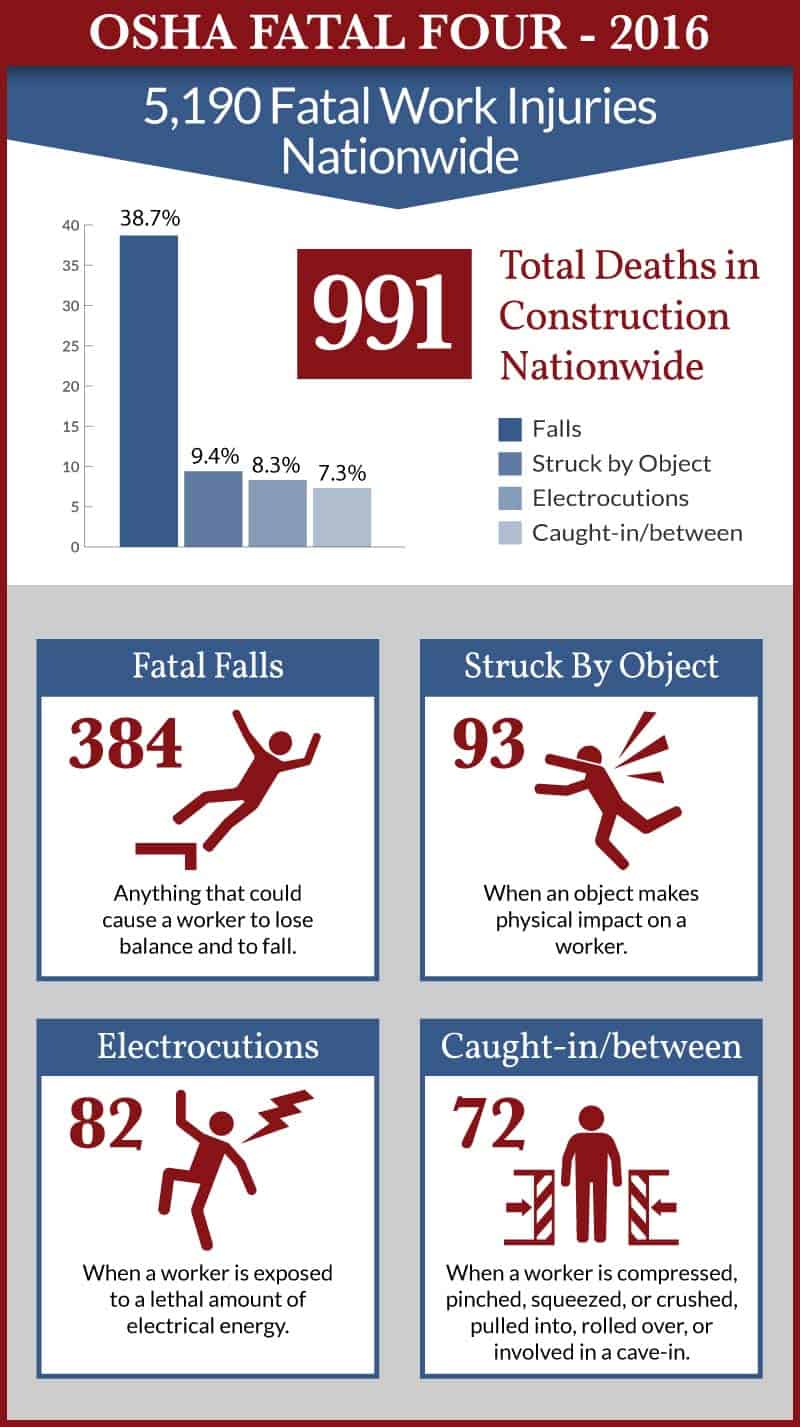Can I File a Third-Party Lawsuit for a Work Injury?
 Workers’ compensation insurance has several components that can influence how an injured employee receives benefits. Generally, if a worker is hurt on the job, they can initiate a workers’ compensation claim. That individual can receive benefits, regardless of who was fault for the injury. The benefits will cover medical and rehabilitation costs, along with lost wages.
Workers’ compensation insurance has several components that can influence how an injured employee receives benefits. Generally, if a worker is hurt on the job, they can initiate a workers’ compensation claim. That individual can receive benefits, regardless of who was fault for the injury. The benefits will cover medical and rehabilitation costs, along with lost wages.
They will not, however, pay for the employee’s pain and suffering, and may only offset the high costs of temporary and permanent disability.
There are times where third parties may be held liable for workplace injuries, and some workers and their families may choose to pursue a third-party personal injury lawsuit in these situations. This happens when someone or something that is distinct from their employer causes the employee’s injuries.
For example, if an employee was hurt using workplace machinery that had a design defect, that employee may be able to make a claim against the manufacturer.
Types of Third-Party Claims
To make a third-party claim, the injured worker must prove that the third party was negligent, and that this negligence caused their damages. In addition to basic negligence, this can encompass deliberate actions, simple accidents, or willful omission of important information.
If the injury was caused by a defective product or equipment, the manufacturer or retailer could be liable, especially if they were aware of the danger and did not act. This would need to be investigated and documented.
A third party can also be another person who does not work for the injured worker’s employer. For example, if a delivery driver is injured on the job because of another driver’s negligence or recklessness, that driver may be liable for the delivery driver’s injuries.
Toxic substances can also lead to workplace accidents. These fall into two categories: acute and latent. Acute injuries, like poisoning or chemical burns, are immediately apparent. Latent injuries take more time to develop and can result in different types of cancers like mesothelioma and other long-term diseases. Affected workers may have the option to sue the substance manufacturer when this happens.
Subrogation
If an employee does make a claim for third-party negligence, their employer’s insurance company may decide to enforce the claim by subrogation. Although every state has its own laws, companies may attempt to recover the workers’ compensation benefits that their employee was awarded.
In general, the subrogation amount is equal to the amount of benefits that were paid. This is usually intended to prevent a double-payment of benefits.
Employee Recourse
Injured workers can take other actions that may support their claims. Filing a complaint with the Department of Labor’s Occupational Safety and Health Administration (OSHA) about unsafe working conditions is recommended. OSHA receives and acts upon complaints about defective machinery, toxic substances, unsafe working conditions, and many other workplace concerns.
Filing a complaint can document what happened, alert the company and its employees, and force the problem to be addressed.
Philadelphia Workers’ Compensation Lawyers at Freedman & Lorry, P.C. Advise Injured Workers on Third-Party Claim Options
If you are an injured worker dealing with third-party legal claims or any type of workers’ compensation issue, contact the knowledgeable Philadelphia workers’ compensation lawyers at Freedman & Lorry, P.C. Call 888-999-1962 or complete an online form for a free case evaluation. Our offices are in Philadelphia; Cherry Hill, New Jersey; Pinehurst, North Carolina; and we represent clients throughout Pennsylvania.
